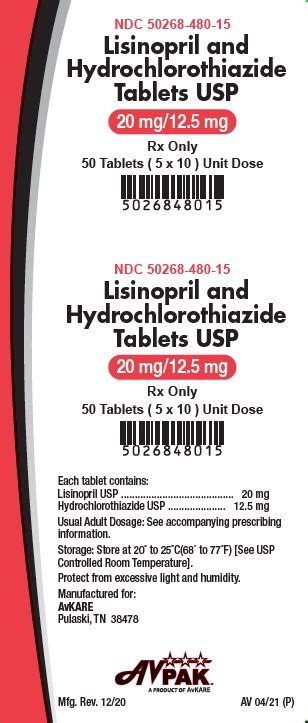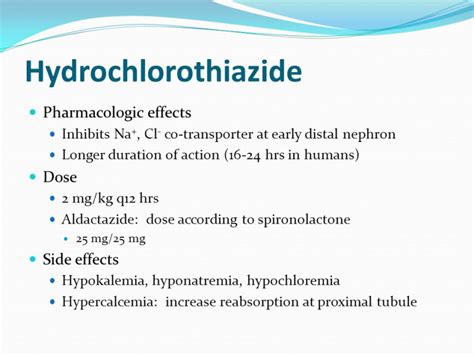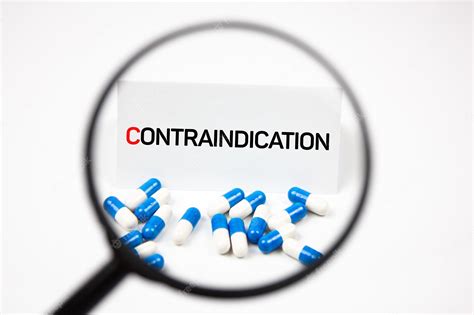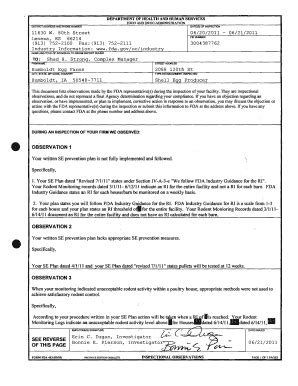Intro
Discover how Hydrochlorothiazide works as a diuretic medication, treating hypertension, edema, and fluid retention, with its mechanism, benefits, and side effects, helping manage blood pressure and cardiovascular health effectively.
Hydrochlorothiazide is a medication that has been widely used for decades to treat various health conditions, particularly those related to the heart and blood vessels. Its effectiveness in managing conditions such as high blood pressure, edema, and kidney disorders has made it a staple in the pharmaceutical industry. But how exactly does hydrochlorothiazide work, and what are its benefits and potential side effects?
The importance of understanding how hydrochlorothiazide works cannot be overstated, as it is a medication that is often prescribed to patients with chronic conditions. By grasping the underlying mechanisms of the drug, patients can better appreciate its effects on their bodies and make informed decisions about their treatment plans. Furthermore, healthcare professionals can use this knowledge to optimize treatment outcomes and minimize potential complications.
Hydrochlorothiazide belongs to a class of medications known as thiazide diuretics, which work by increasing the amount of urine produced by the kidneys. This, in turn, helps to remove excess fluids and salts from the body, thereby reducing blood pressure and alleviating symptoms associated with edema and other conditions. The medication is typically taken orally, and its effects can be seen within a few hours of administration.
How Hydrochlorothiazide Works

The effects of hydrochlorothiazide are not limited to its diuretic properties. The medication also has a number of other effects on the body, including:
- Increased excretion of potassium ions, which can lead to hypokalemia (low potassium levels) in some patients
- Decreased excretion of calcium ions, which can lead to hypercalcemia (high calcium levels) in some patients
- Increased sensitivity to insulin, which can be beneficial for patients with diabetes
Benefits of Hydrochlorothiazide
The benefits of hydrochlorothiazide are numerous and well-documented. Some of the most significant advantages of the medication include:- Effective reduction of blood pressure: Hydrochlorothiazide has been shown to be highly effective in reducing blood pressure in patients with hypertension.
- Relief from edema: The medication's diuretic properties make it an effective treatment for edema, particularly in patients with heart failure or liver disease.
- Reduced risk of cardiovascular disease: By lowering blood pressure and reducing the risk of cardiovascular events, hydrochlorothiazide can help to reduce the risk of heart attack, stroke, and other cardiovascular diseases.
Side Effects of Hydrochlorothiazide

- Dizziness and lightheadedness: The medication's diuretic effects can lead to dehydration and electrolyte imbalances, which can cause dizziness and lightheadedness.
- Increased urination: Hydrochlorothiazide can cause patients to urinate more frequently, particularly in the first few weeks of treatment.
- Fatigue and weakness: The medication can cause fatigue and weakness, particularly in patients who are prone to hypokalemia.
Precautions and Interactions
Hydrochlorothiazide can interact with a number of other medications, including:- Loop diuretics: The combination of hydrochlorothiazide and loop diuretics can increase the risk of hypokalemia and other electrolyte imbalances.
- Beta blockers: The combination of hydrochlorothiazide and beta blockers can increase the risk of hypotension (low blood pressure).
- ACE inhibitors: The combination of hydrochlorothiazide and ACE inhibitors can increase the risk of hyperkalemia (high potassium levels).
Contraindications and Warnings

- Severe kidney disease: The medication can worsen kidney function in patients with severe kidney disease.
- Severe liver disease: The medication can worsen liver function in patients with severe liver disease.
- Hypersensitivity to thiazide diuretics: Patients who are allergic to thiazide diuretics should not take hydrochlorothiazide.
Special Populations
Hydrochlorothiazide should be used with caution in certain populations, including:- Pregnant women: The medication can cause fetal harm and should be used only when necessary.
- Breastfeeding women: The medication can pass into breast milk and should be used with caution.
- Pediatric patients: The medication has not been extensively studied in pediatric patients and should be used with caution.
Dosage and Administration

- 25-50 mg per day for hypertension
- 50-100 mg per day for edema
- 50-100 mg per day for kidney disease
The medication is typically taken orally, and the dosage can be adjusted based on the patient's response to treatment.
Overdose and Toxicity
Overdose and toxicity can occur with hydrochlorothiazide, particularly in patients who are prone to hypokalemia or other electrolyte imbalances. Symptoms of overdose and toxicity include:- Severe dehydration
- Electrolyte imbalances
- Hypotension
Treatment for overdose and toxicity typically involves supportive care, including hydration and electrolyte replacement.
Conclusion and Final Thoughts

We invite you to share your thoughts and experiences with hydrochlorothiazide in the comments section below. Have you taken this medication before? What were your results? Do you have any questions or concerns about hydrochlorothiazide? Share this article with your friends and family to help spread awareness about this important medication.
What is hydrochlorothiazide used for?
+Hydrochlorothiazide is used to treat high blood pressure, edema, and kidney disease.
How does hydrochlorothiazide work?
+Hydrochlorothiazide works by increasing the amount of urine produced by the kidneys, which helps to remove excess fluids and salts from the body.
What are the side effects of hydrochlorothiazide?
+The side effects of hydrochlorothiazide include dizziness, increased urination, fatigue, and weakness.
Can I take hydrochlorothiazide with other medications?
+Hydrochlorothiazide can interact with other medications, including loop diuretics, beta blockers, and ACE inhibitors. It is essential to consult with a healthcare professional before taking any new medications.
Is hydrochlorothiazide safe for pregnant women?
+Hydrochlorothiazide should be used with caution in pregnant women, as it can cause fetal harm. It is essential to consult with a healthcare professional before taking the medication during pregnancy.
